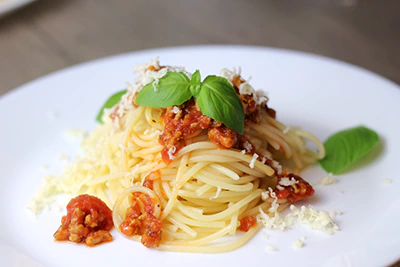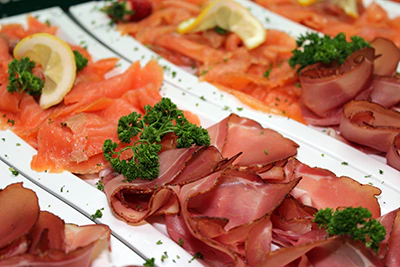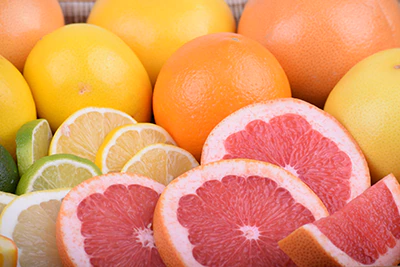| Essence |
Biphenyl or E230 is an organic compound used classically to battle mold and fungus on citrus fruits but can have other applications as far as the preservation of food goes. It can help preserve citrus fruits without them being peeled (hence, also used to preserve citrus fruits in transportation). It occurs naturally in coal tar, crude oil, and natural gas. |
| Names |
Diphenyl, Phenylbenzene, BP, Lemonene, 1,1′-Biphenyl, Xenene, Bibenzene, CAS 92-52-4, E230, Biphenyl, and others. |
| Sourcing |
Benzene is the sourcing ingredient. |
| Manufacturing |
For commercial production, the sourcing ingredient undergoes oxidative dehydrogenation. But it can be created in other ways as well, for example, essentially, as a byproduct of toluene or from diazonium salts. |
| Application |
Preservative (synthetic, water-insoluble). |
| Acceptable Daily Intake |
It is said to be fine for consumption in amounts up to 0.05 milligrams on every kilogram of body weight. It has been banned in European Union and Australia. |
| Side Effects |
This additive can cause headaches and skin problems. It can also cause nausea, vomiting, and cancer. Additionally, contact with frequent and high amounts of it (like if you’re working with it or transporting it) can cause liver damage and central and peripheral nerve damage. |
| Benefits |
None. |
| Studies |
30,420+ studies on Pubmed. And 970+ studies on safety. |
| Allergens |
None. |
| Diet Restrictions |
None. |
| Health Knight Assessment |
Harmful. | Category 4 Additive. |
| Products |
Biphenyl can be found in such processed foods as chips, spreads, various meat products (also pizzas that have such meat on them), sauces, and others. It can also be used in processed foods that contain or has something to do with oranges, lemons, grapefruits, and, theoretically, any other citrus fruit. |



